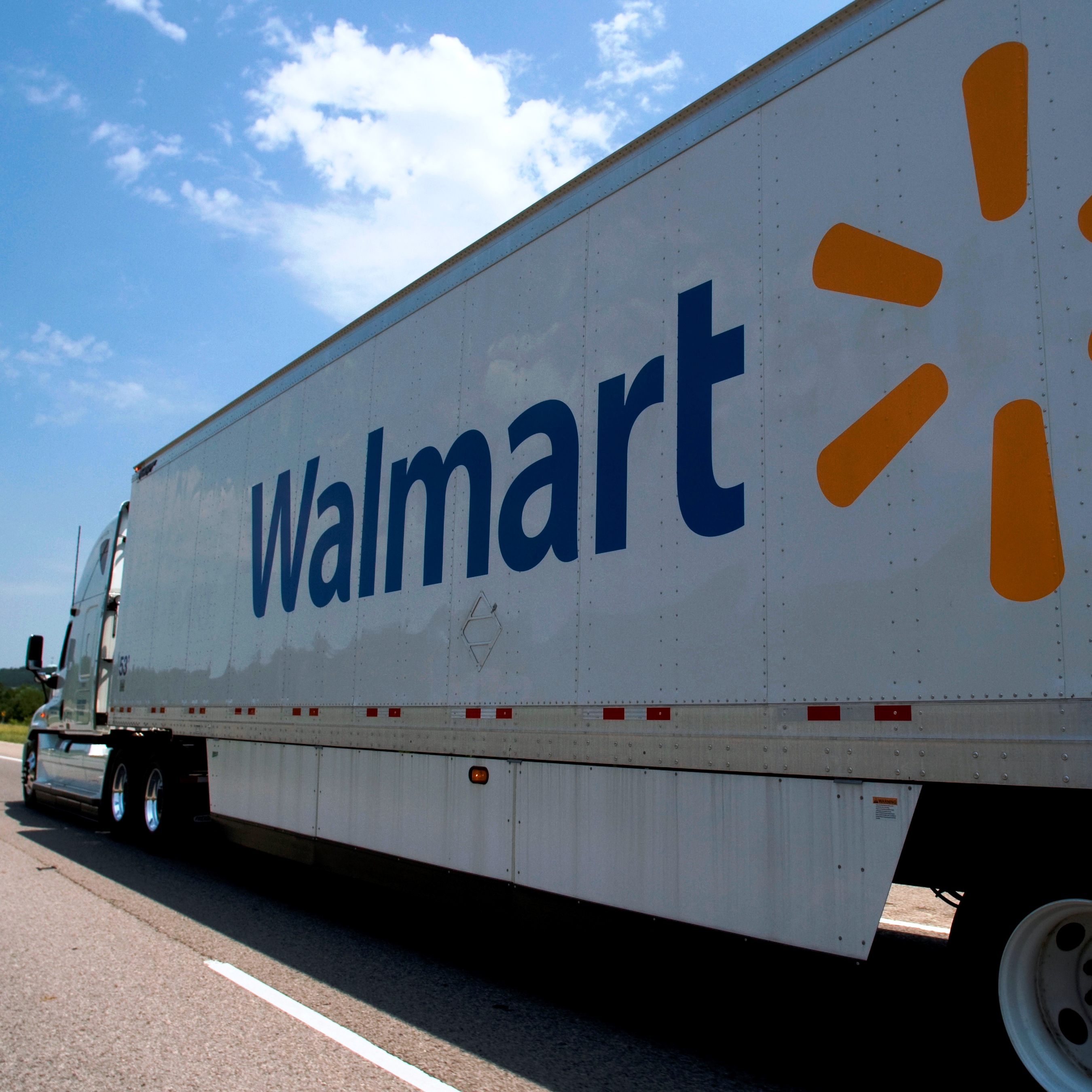
One analyst from Barclay believes the bidding for Whole Foods Market Inc. (NASDAQ: WFM) may not be over. While it and Amazon.com Inc. (NASDAQ: AMZN) have a “definitive deal” at $42 a share, the Whole Foods board may have a fiduciary obligation to look at better M&A transactions. If so, the logical buyer would be Wal-Mart Stores Inc. (NYSE: WMT), the company the Whole Foods deal is meant to challenge.
According to MarketWatch:
Karen Short, analyst at Barclays, upgraded Whole Foods WFM, +0.16% to overweight, after being at equal weight for the past nine months.
Typically, shares of companies getting bought out garner the equivalent of equal weight ratings, since a merger limits their potential upside. But Short said she believes another strategic buyout bid could emerge, so she raised her stock price target to $48, which is 14.3% above Amazon’s bid of $42 a share, from $38.
Investors seemed to give Short’s call some credence, as Whole Foods stock soared 29.1% to close Friday at $42.68, or slightly above Amazon’s bid price.
The Delaware Court of Chancery, which is often the court that hears matters about board fiduciary responsibility, has not been entirely clear on the matter over the years. There are cases in which it has supported a seller’s board that does not seek higher offers. There are cases where actions to look for better deals were expected. The hurdle in the case of Whole Foods could be whether another company will bid well above the $42 that Amazon has offered for Whole Foods. The deal also assumes Whole Foods’ net debt, which makes the deal $13.7 billion.
The Whole Foods offer is nowhere near relatively recent highs for the stock. Whole Foods traded at $54 in early 2015.
Walmart’s shares were beaten down by the Amazon offer. They dropped nearly 5% to $75.75. The market believes that Amazon has flanked Walmart in one of its most important sources of revenue. Grocery store operations are among the largest in most Walmart stores.
Walmart has the financial wherewithal to buy Whole Foods. Its market cap is $227 billion. It has $7 billion in cash and cash equivalents on its balance sheet and could easily borrow billions more.
Walmart may have a hurdle of its own. Because of its huge store network, there might be antitrust considerations. However, Walmart may believe it can convince the federal government that there are enough grocery operations in the country that it will have a very modest share of market after a transaction.
Whole Foods shareholders have to approve the Amazon deal, and ultimately, if there is another offer, they may have the final decision. What shareholders would take $42, if they could get a good deal more?
Travel Cards Are Getting Too Good To Ignore (sponsored)
Credit card companies are pulling out all the stops, with the issuers are offering insane travel rewards and perks.
We’re talking huge sign-up bonuses, points on every purchase, and benefits like lounge access, travel credits, and free hotel nights. For travelers, these rewards can add up to thousands of dollars in flights, upgrades, and luxury experiences every year.
It’s like getting paid to travel — and it’s available to qualified borrowers who know where to look.
We’ve rounded up some of the best travel credit cards on the market. Click here to see the list. Don’t miss these offers — they won’t be this good forever.
Thank you for reading! Have some feedback for us?
Contact the 24/7 Wall St. editorial team.




